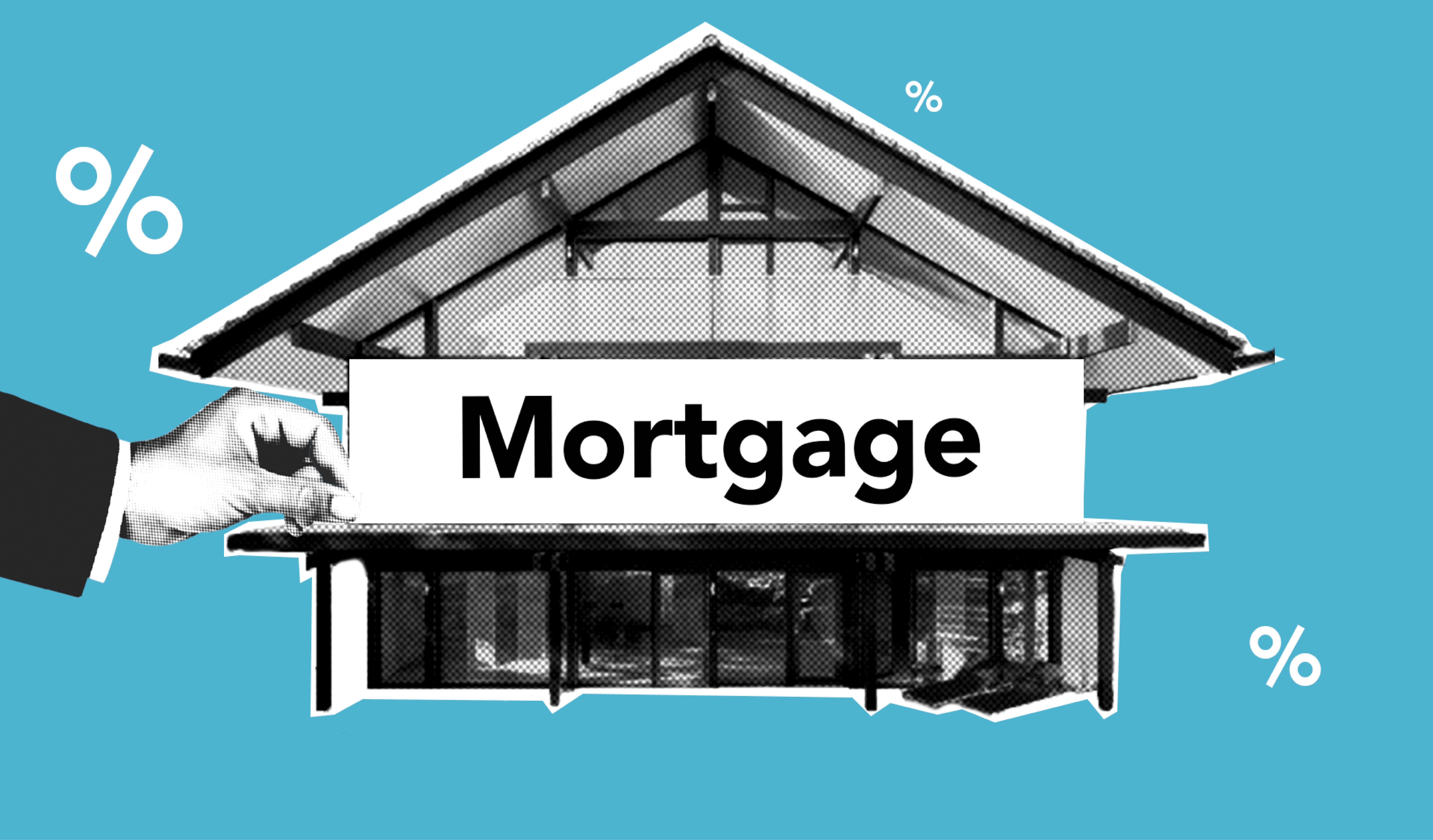
09 Sep What Do Higher Mortgage Rates Mean for Investors?
Almost everyone in real estate is talking about high interest rates. Interest rates are certainly higher than where they were two to three years ago. Are they high going back decades? The average mortgage rate going back to 1972 is 6.8%, so at 7.5% today, the rates are only slightly higher than average. As an investor, it’s not just the rate that matters..
What do higher rates mean for you?
- Increased Borrowing Costs: When mortgage interest rates rise, it becomes more expensive to finance the purchase of real estate through mortgages. Real estate investors who rely on financing to acquire properties will face higher monthly mortgage payments, reducing their potential cash flow and overall profitability.
- Reduced Affordability: Higher interest rates can make it more difficult for potential homebuyers to qualify for mortgages, which can reduce the pool of potential tenants or buyers for investment properties. This can lead to longer vacancy periods and potentially lower rental or resale prices. The housing affordability index today shows that current homebuyers and renters are paying a lot more for housing than just a few years ago.
- Lower Property Values: As mortgage rates rise, the demand for real estate may decrease, causing property values to stagnate or decline. Real estate investors who own properties may experience slower appreciation or even a decrease in property values, impacting their potential returns on investment when they decide to sell. An odd thing has happened in the past couple of years, as housing prices have risen while rates have risen too! That’s due to incredibly low supply and lingering demand.
- Impact on Property Types: Some property types may be more sensitive to interest rate fluctuations than others. For example, residential properties may be affected differently than commercial properties. Investors should consider the type of property they are invested in and how interest rate changes may impact their specific market. Interest rates have actually gone up more for non-owner occupants and for commercial properties.
- Potential for Higher Cap Rates: Higher interest rates can lead to higher capitalization rates (cap rates), which may make certain real estate investments more attractive, especially if rental income remains stable. Properties with higher cap rates may become more appealing to investors seeking better returns.
- Evaluating Investment Strategies: Real estate investors may need to adjust their investment strategies in response to rising interest rates. For example, they may focus on shorter-term investments, implement interest rate hedges, or seek out alternative financing options to mitigate the impact of higher borrowing costs. In the past several months, my wife and I have stashed cash in high yield savings accounts.
- Refinancing Considerations: Real estate investors with existing mortgages should evaluate whether it makes sense to refinance their loans. In some cases, refinancing at a lower interest rate before rates rise further can lead to cost savings and improved cash flow. Investors are increasingly considering HELOCs to tap into their equity. That won’t affect the existing lower-interest mortgage loan, and it allows the investor to take advantage of other opportunities. For example, if you have a $500,000 property with a $200,000 first lien mortgage at 3% and a $200,000 HELOC at 9%, your average rate for the full $400,000 in borrowed money is actually 6%. And think of it this way – by pulling out the $200,000 with the HELOC you end up earning a 20% return on investment. So you pay 9% on that money to get 20%. Not bad!
- Market Timing: Timing the real estate market can be challenging, but investors may consider market conditions and interest rate trends when making investment decisions. They may choose to enter or exit the market based on their expectations of future interest rate movements. As mentioned, I’m putting cash in high-yield savings accounts.
In summary, higher mortgage interest rates can have various consequences for real estate investors, affecting their financing costs, property values, and overall investment returns. Successful real estate investors need to monitor interest rate trends and adapt their strategies accordingly to navigate changing market conditions effectively.
Drop me a line to tell me what rate you’re getting!
Tai DeSa is a graduate of The Wharton School of the University of Pennsylvania. He became a full-time real estate investor in 2004 after serving in the U.S. Navy. Tai made colossal mistakes in investing (and learned some things along the way). Tai has coached hundreds of entrepreneurs, real estate investors, and real estate agents on how to increase their income and net worth. He has helped hundreds of homeowners avoid foreclosure through successful short sales. Check out Tai’s books on Amazon.com. Tai may be available for coaching and speaking engagements on a variety of real estate topics. Send an email to tai@investandtransform.com.






No Comments